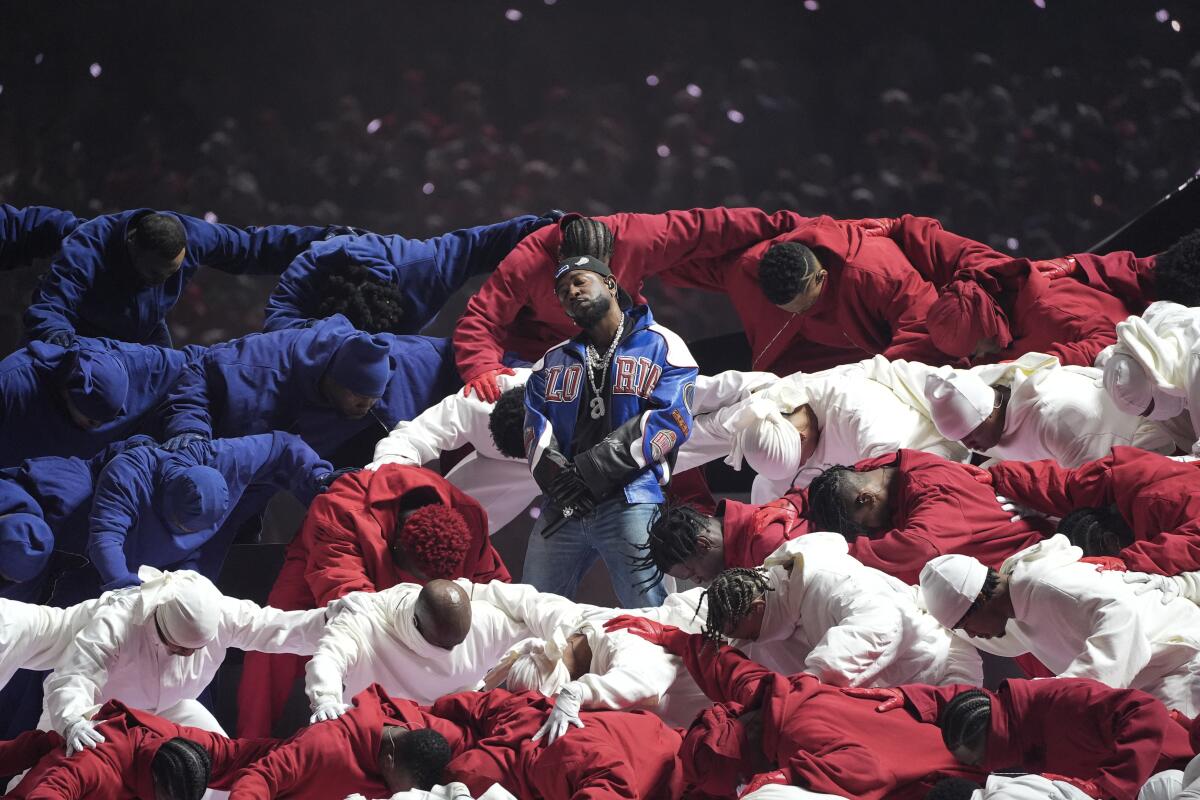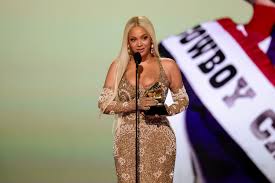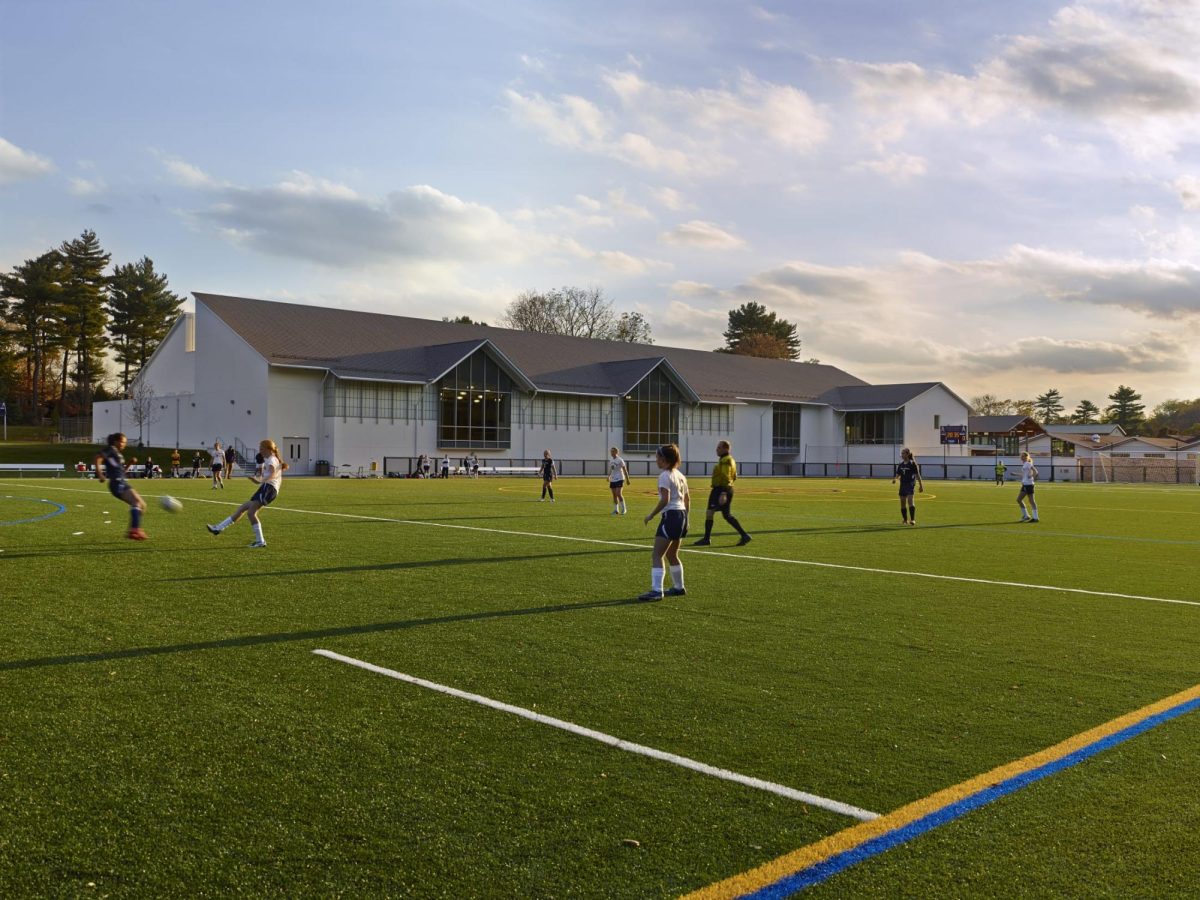Starting Tuesday, January 19th, Agnes Irwin hosted its annual Community in Action (CiA) workshops, which this year spanned an entire week and featured various virtual presentations by the Upper School’s many diversity alliances. The presentations covered the history, struggles, and current needs of marginalized communities, and allowed attendees to discuss and unpack each topic with their advisories. My personal experience participating in CiA Week was remarkably positive despite my inability to join my advisory at school, and below I detail my favorite aspects of the week as well as on-campus attendee Golda Mehl’s remarks on the newly implemented principles of civil discourse which guided all CiA Week discussions.
My first CiA session was a presentation by the Center for the Advancement of Girls on the flaws of the American prison system, with a special focus on the treatment of incarcerated women. It included a short video about the abuse female prisoners are subjected to at the hands of prison officers, and the ability of many of these officers, who possess the protective shield of power and privilege, to consistently avoid consequences for their actions. The discussion of oppressors’ privilege continued in my second workshop, which was directed by Jewish Student Union head Caroline Freiwald and centered on the prevalence and various manifestations of anti-semitism in America, a particularly pertinent topic following the January 6th attack on the Capitol; many of the insurrectionists were photographed brandishing signs and wearing apparel depicting anti-semitic symbols and messages, such as the Nazi slogan “Work brings freedom” written across one rioter’s sweatshirt, and Caroline’s comments about the shock and fear she felt watching the blatant displays of hate were powerful and eye-opening.
On Thursday morning I attended Compass’s equally enlightening albeit less heavy presentation on the history of LGBTQ+ rights activism and some keys to allyship. Fiona Moser, Compass president, first covered acceptable up-to-date terminology for gender identity and sexual orientation and then challenged each advisory to create a timeline by dragging slides of significant LGBTQ+ activism efforts and events into their correct order. I highly enjoyed the activity and the opportunity it gave me to converse with my advisory, learn about influential LGBT+ figures, and discover to which organizations revolutionary legal reforms can be accredited. Despite a number of anachronisms, I feel my advisory’s finished timeline still reflected a considerably more extensive understanding of the major causes and impacts of the equal rights movement. Plus, we had a lot of fun.
The final workshop I attended was Black Student Union’s session on the inequities and injustices of the American healthcare system, under which Black patients have been abused, discriminated against, and denied equal medical treatment for centuries. BSU discussed how white Americans’ perception of Black people as inferior contributed to a rise of forced hysterectomies, which were widely employed to sterilize Black women and thereby limit the growth of the Black population, in twentieth century America. Though commonly believed a thing of the past, BSU emphasized that coerced sterilization still happens, as do other abuses of African Americans’ rights; in 2020 African Americans were disproportionately affected by the COVID-19 virus, their death and hospitalization rates almost double those of white Americans due to many hospitals’ failure and refusal to provide equal medical care. It was difficult to hear the story of one Black doctor who passed away of COVID-19 because her doctor had dismissed her symptoms and denied her medication, even though he knew she was a physician and understood the severity of her condition. She stated in a video shortly before her death that “If I was White, I wouldn’t have to go through that,” a truth that I now see more clearly as a result of BSU’s poignant presentation.
I’ve certainly become a more informed member of my school community because of CiA Week, but I was curious to see if other Upper Schoolers had similar awakenings, so I interviewed junior Golda Mehl and asked her to describe her CiA Week experience. She revealed that, like me, she’d had little prior knowledge of the historical content discussed in Compass’ session and found the timeline activity both enjoyable and informative; additionally, during Service Council’s seminar on poverty and food insecurity, Golda discovered the challenges of living in an area with little access to grocery stores, and in Unity’s workshop on trans allyship, she learned about the fluidity of identity and the spectrum in which gender, as well as biological sex, exists. Her favorite aspect of the week was the opportunity to engage in dialogue with her advisory members, and she said the principles of civil discourse which Agnes Irwin introduced this year greatly facilitated their discussions. There was little worry of making a mistake or offending someone because everyone spoke from the “I” perspective and thus avoided potentially harmful generalizations, according to Golda. The only thing that might’ve improved the experience, she said, was if all the sessions had been recorded so students could view the presentations they didn’t have the chance to attend during the week.






